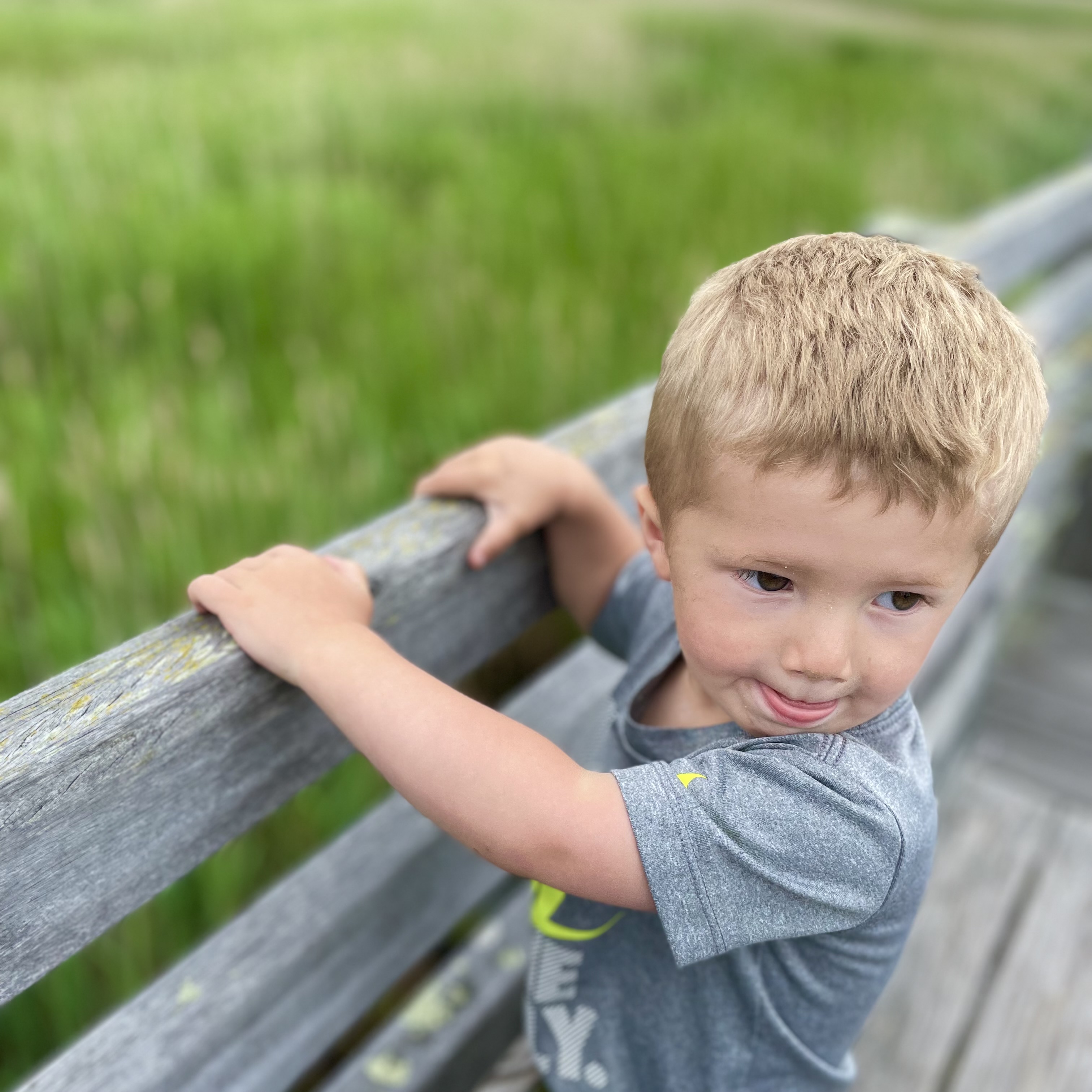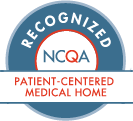How To Play With A Baby
3.31.2018
The following article was written by Betsy Groth for the Old Saybrook Early Childhood Council newsletter. Betsy has been a regular member of the Council for many years, providing expert advice to the families of Old Saybrook.
How to Play with a Baby
I recently saw a 9-month-old baby for her “well baby” visit. The family was new to our state, so it was this baby’s first visit. She was growing and developing perfectly, babbling, pulling up to stand, picking things up with her thumb and forefinger. She displayed (and had always displayed according to her mom) an easy, sunny temperament. The interaction between mother and baby (her first) was a joy to behold. At one point during the visit, her mother, a scientist, asked innocently, “What am I supposed to do with her all day long? “
What a great question! It is one I am sure many new parents would like to ask. In the discussion that ensued, it turned out she and her husband were doing a lot “right”.
As Alison Gopnik points out in “The Gardener and the Carpenter: What the New Science of Child Development Tells us About the Relationship Between Parents and Children,” play brings pleasure to mammals and even other species. It seems to bring joy to humans. So there is play just for the fun of it- fun being a goal in and of itself. Surprisingly, it is only recently that definitive research supports the intuition that play helps children learn. But play need not be structured and goal oriented.
Some take home messages-
- Play does not require the parent/ consumer to make hefty and numerous purchases
- Your face and your voice and your touch is the greatest “toy” for a baby
- Babies and toddlers play and learn by watching you go about your day: they observe, imitate and learn. They do not require constant structured activity and indeed need quiet and unstructured time (all people do)
- That screen may bring your toddler great joy (and you a chance to take a shower) but don’t be fooled that he or she is learning from it or that is a substitute for “real play”. The Center on Media and Child Health is a great resource for parents from infancy to adolescence. Parents can post questions to the “mediatrician” right on the website (cmch.tv).
Knowing a bit about child development can really help parents know what kids need. A great resource is the book “Ages and Stages: A Parent’s Guide to Normal Childhood Development” (Schaefer and Geronimo) or kidshealth.org.



